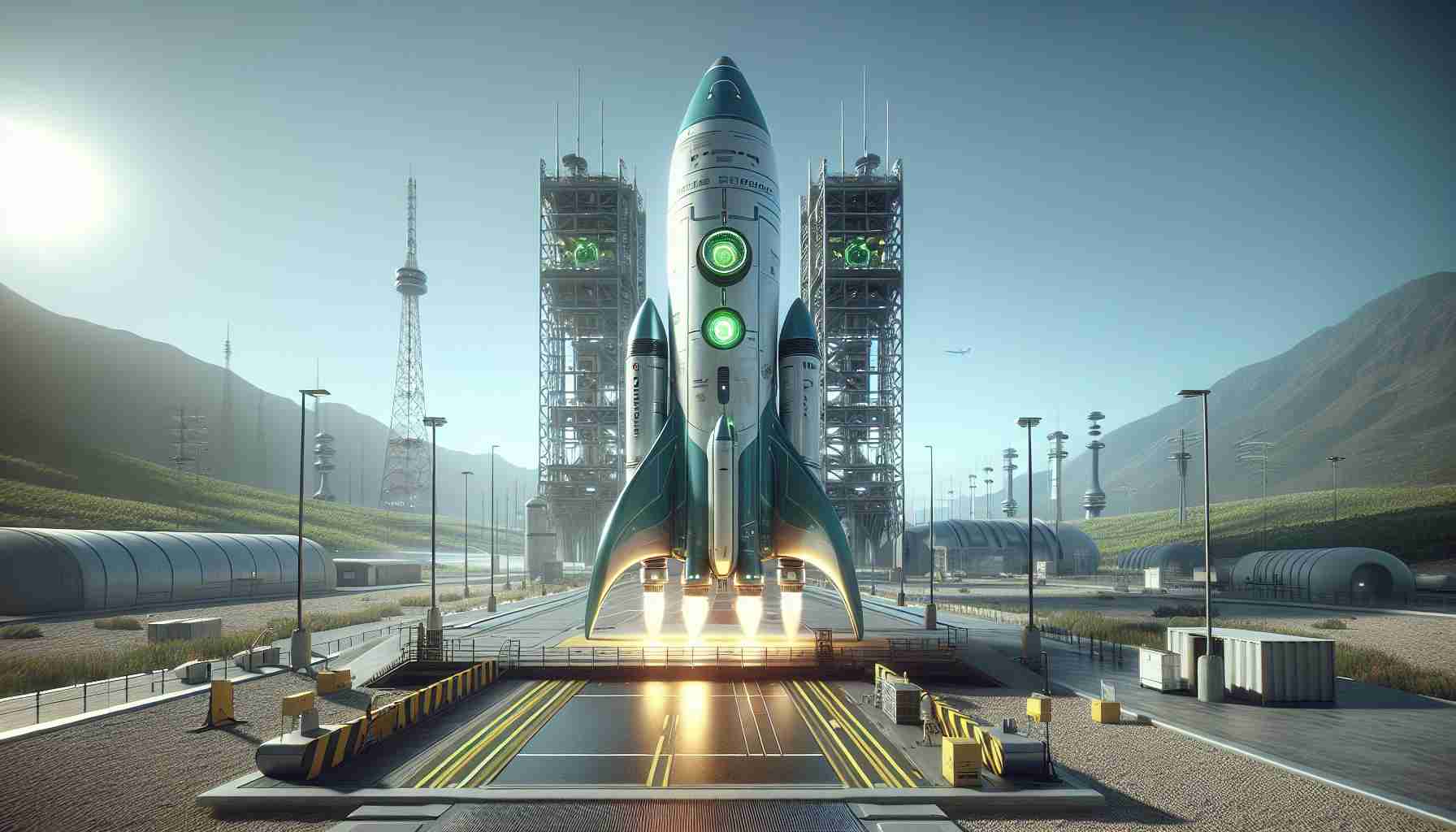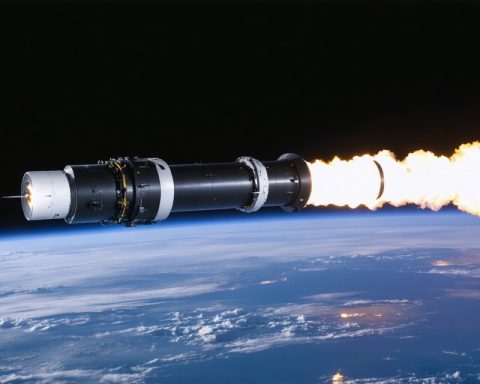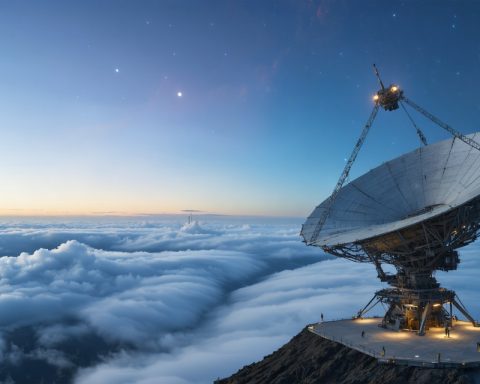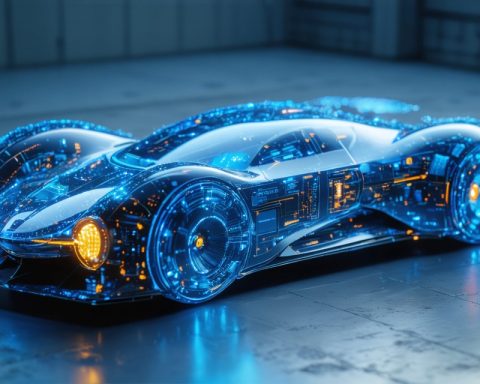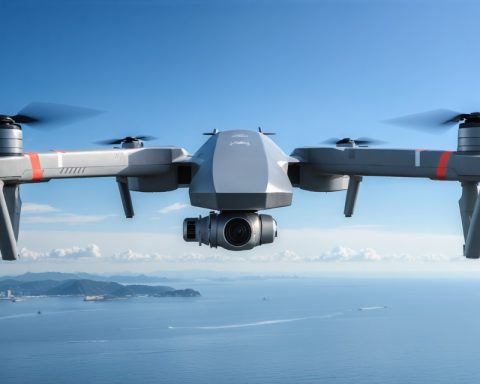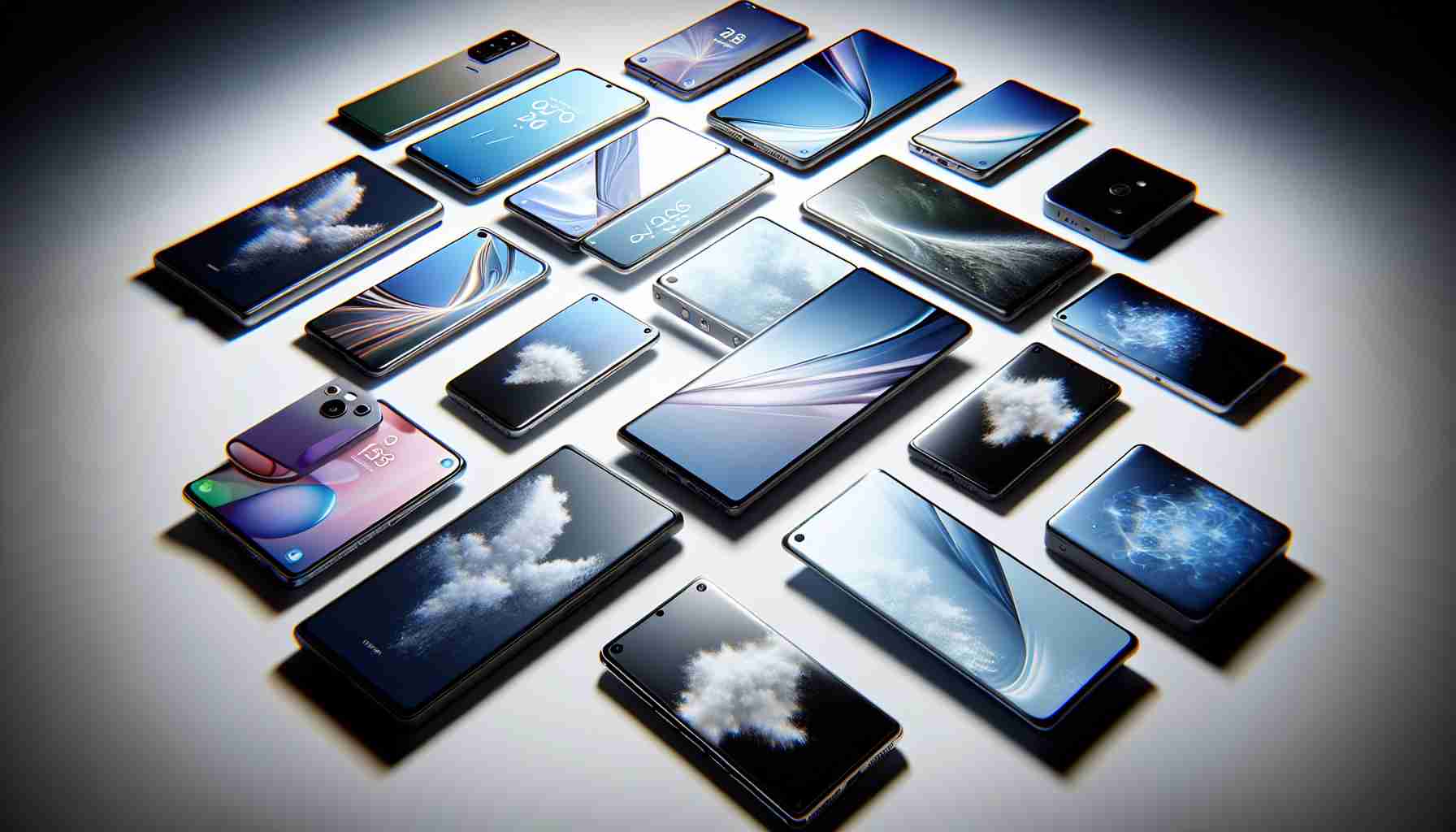In a groundbreaking move towards sustainable space travel, the Ariane 6 mission is set to redefine how we explore the cosmos. As a new generation of launchers, Ariane 6 combines cutting-edge technology with an eco-friendly approach, paving the path for greener voyages beyond Earth.
Hydrogen Power Redefines Rocketry
Ariane 6’s reliance on liquid hydrogen as its fuel underscores a shift towards environmental consciousness in space missions. By using liquid hydrogen and oxygen for the Vulcain 2.1 engine, it ensures efficient propulsion with water as the only byproduct. This sustainable focus addresses pressing ecological concerns while maintaining high thrust performance crucial for powerful space launches.
Engineering Marvel with Innovative Design
Designed for flexibility and efficiency, Ariane 6’s modular construction allows it to adapt to different mission requirements. With its modular configuration, the rocket’s payload delivery can be meticulously tailored, thanks to the option of utilizing two or four boosters. This adaptability ensures that Ariane 6 caters to both commercial and scientific needs efficiently, capable of deploying multiple satellites into varying orbits.
A Future-Forward Space Endeavor
Ariane 6 is a triumph of engineering, embodying sustainable aspirations and high performance. It features advanced propulsion systems, like the French Vinci engine, which can reignite multiple times for precise satellite positioning. Furthermore, its upper stage is designed to return to Earth, minimizing the creation of space debris.
This next-generation rocket is a testament to the synergy of innovation and sustainability, promising a future where space travel is both responsible and groundbreaking. As the countdown commences, Ariane 6 stands poised to propel us into an era of cleaner, smarter space exploration.
Revolutionizing Space Travel: What’s Next for Ariane 6?
In the evolving field of aerospace, the Ariane 6 mission emerges as a game-changer, integrating sustainable practices with advanced technology to address the future of space travel. This article explores the intricate details of what makes Ariane 6 a significant stride forward in our quest to explore the cosmos.
FAQs: Essential Insights into Ariane 6
What makes Ariane 6 environmentally friendly?
Ariane 6 uses liquid hydrogen and oxygen, creating only water as a byproduct. This choice significantly reduces greenhouse gas emissions compared to traditional rocket fuels, marking progress in ecologically responsible space travel.
How does Ariane 6 address space debris concerns?
The rocket’s upper stage is designed for controlled re-entry, ensuring it returns safely to Earth instead of contributing to space debris. This approach supports the long-term sustainability of space environments.
Breaking Down Ariane 6: Key Features and Innovations
– Modular Construction: Ariane 6 offers remarkable payload flexibility, adapting to distinct mission requirements by configuring two or four boosters. This modular approach facilitates the deployment of multiple satellites into diverse orbits.
– Multistage Propulsion: Equipped with the French Vinci engine, Ariane 6’s upper stage is capable of multiple reignitions, allowing precise satellite maneuvers even after reaching space.
Pros and Cons of Ariane 6
Pros:
– Environmental Responsibility: Utilizes liquid hydrogen, leaving an environmental footprint that is purely water vapor.
– Payload Versatility: Modular design caters to a broad spectrum of mission needs.
– Reduced Space Debris: Innovative return designs minimize orbital littering.
Cons:
– Complex Engineering: Modular and advanced propulsion systems may introduce higher development and operational costs.
– Initial Costs: New technology and infrastructure development can lead to increased upfront financial investment.
Market Trends and Predictions
The move towards eco-friendly technologies in space travel such as those implemented in Ariane 6 is strengthening. With the growing demand for sustainable solutions, it’s anticipated that future rockets will adopt similar eco-conscientious designs.
Innovations in Security and Sustainability
Ariane 6’s design does not only focus on propulsion and payload; it integrates advanced algorithms and secure communication systems to protect sensitive mission data, underscoring the importance of cybersecurity within space exploration.
Looking Ahead: The Future of Space Missions
Ariane 6 sets a benchmark for sustainable and efficient space travel, inspiring future missions to incorporate green technologies while advancing operational capabilities.
For more information about the latest developments in rocket engineering and sustainable space travel, visit the official [ArianeGroup](https://www.ariane.group) website.
By embracing both sustainability and cutting-edge technology, Ariane 6 not only raises the bar for what is possible in space exploration but also ensures that our ventures beyond Earth remain responsible and innovative.
